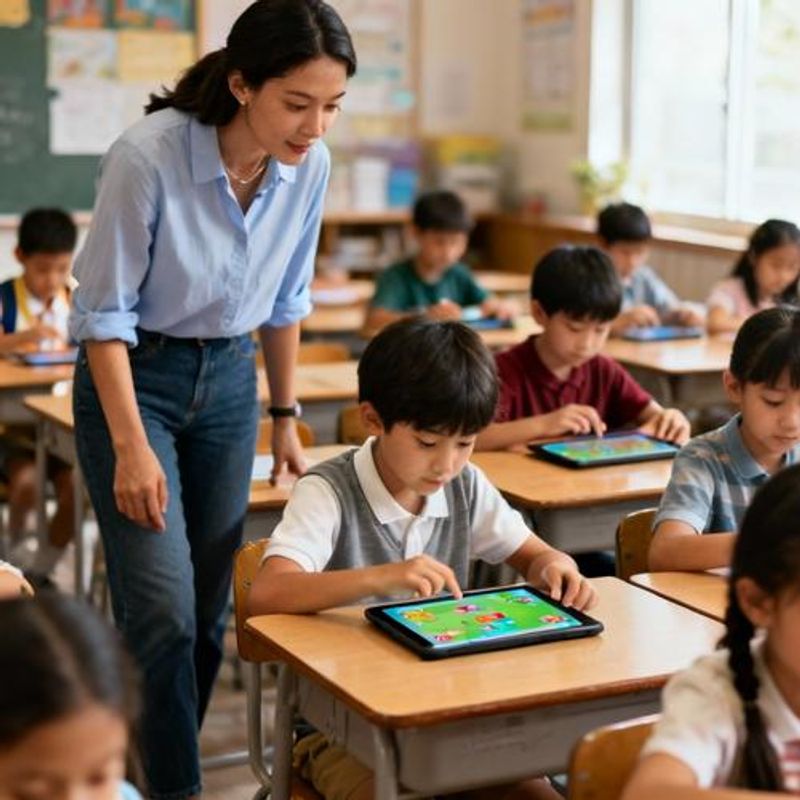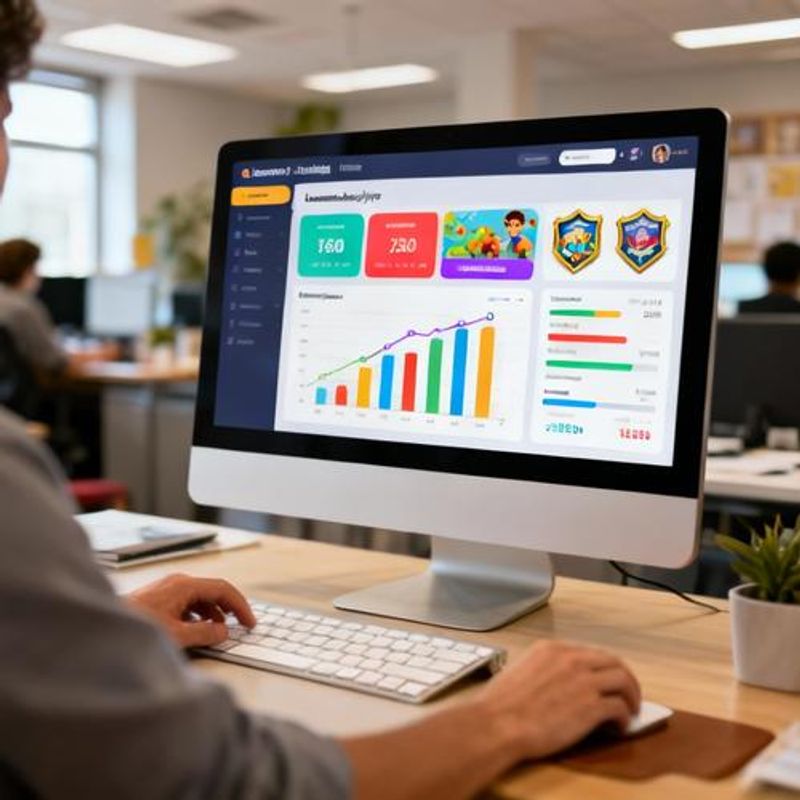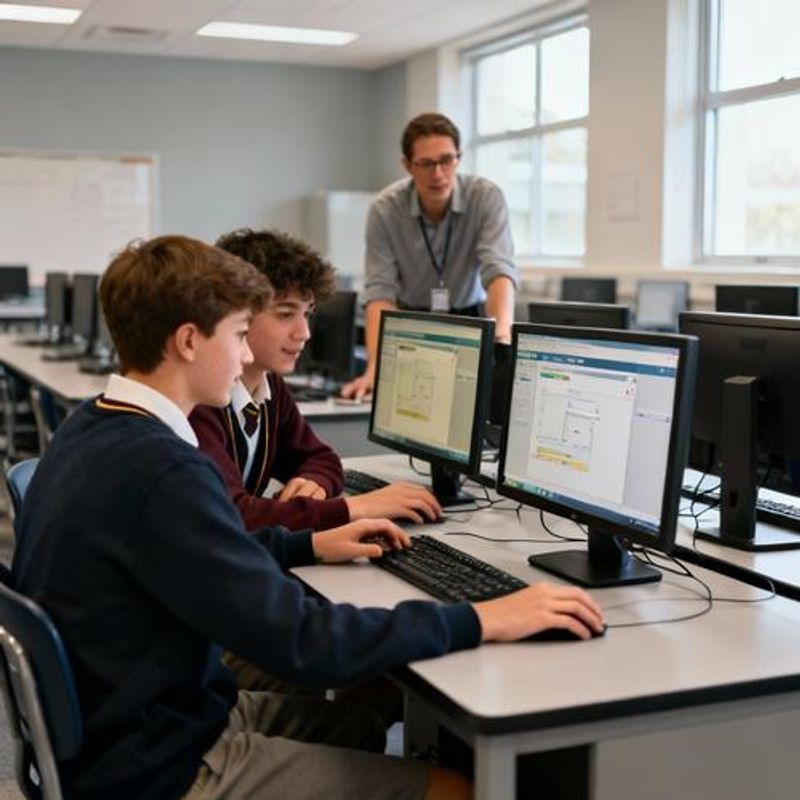The Complete Guide to Game Based Learning: Transforming Education Through Interactive Technology

Game based learning has evolved from a novel educational experiment to a proven pedagogical approach that addresses the engagement crisis facing modern educators. If you're struggling to capture student attention while meeting curriculum standards, this comprehensive guide will show you how to strategically implement game-based learning methodologies that boost engagement, improve learning outcomes, and prepare students for a technology-driven future.

The Current State of Student Engagement: Why Educators Need New Solutions
Educational technology specialists consistently report declining student engagement rates, particularly in traditional instructional formats. Students who have grown up with interactive digital environments often find passive learning methods disconnected from their lived experiences. Game based learning addresses this disconnect by leveraging familiar interactive mechanics to create meaningful educational experiences. For forward-thinking educators, the challenge isn't whether to integrate gaming elements, but how to do so effectively while maintaining academic rigor and meeting institutional requirements.
Essential Benefits: What Game Based Learning Delivers
Research consistently demonstrates that well-implemented game based learning strategies produce measurable improvements across multiple educational metrics:
- Enhanced knowledge retention through active participation and immediate feedback loops
- Increased intrinsic motivation via goal-oriented challenges and achievement systems
- Development of critical thinking skills through problem-solving scenarios
- Personalized learning pathways that adapt to individual student needs and pace

Strategic Implementation Framework for Game Based Learning
Successful game based learning implementation requires systematic planning that aligns gaming mechanics with specific learning objectives. Begin by identifying core curriculum standards that benefit from interactive reinforcement. Map these standards to appropriate game mechanics such as progression systems, collaborative challenges, or simulation environments. Consider your technological infrastructure and student device access when selecting platforms. Start with pilot programs in single subjects before expanding institution-wide, allowing time to gather student feedback and refine your approach based on actual usage patterns.
Technology Selection and Platform Evaluation
Modern game based learning platforms offer varying levels of customization, analytics, and curriculum integration. Evaluate platforms based on their ability to provide detailed learning analytics, support for differentiated instruction, and seamless integration with existing learning management systems. Look for platforms that offer both teacher-directed activities and student-paced exploration options. Consider long-term sustainability factors including ongoing support, content updates, and scalability across different grade levels or subject areas.
Practical Implementation Examples and Templates
Mathematics educators can implement progression-based number sense games that adapt difficulty based on student performance. Science teachers might use virtual laboratory simulations that allow students to conduct experiments safely while learning proper methodology. Language arts instruction benefits from narrative-driven games that reinforce grammar concepts through storytelling mechanics. Social studies curricula can incorporate historical simulation games that help students understand cause-and-effect relationships in historical events. Each implementation should include clear success metrics, regular assessment checkpoints, and mechanisms for adjusting difficulty or focus based on student progress.

Common Implementation Challenges and Solutions
Many educators worry that game based learning might reduce academic rigor or become a distraction from core learning objectives. Address this concern by establishing clear learning goals before introducing any gaming elements and regularly assessing whether these goals are being met. Technical difficulties can derail implementation, so ensure adequate technical support and have backup plans for system outages. Student overexcitement about gaming aspects can overshadow learning objectives, which requires careful balance between engagement and educational focus. Additionally, some students may have limited gaming experience and need additional support to navigate digital learning environments effectively.
Measuring Success and Continuous Improvement
Effective game based learning programs require ongoing assessment and refinement. Track both engagement metrics (time on task, completion rates, voluntary participation) and learning outcomes (assessment scores, skill demonstration, knowledge transfer). Collect regular student feedback about their learning experience and preferences. Monitor how gaming elements affect classroom dynamics and adjust implementation to maintain positive learning environments. Consider long-term retention testing to ensure that knowledge gained through gaming experiences transfers to traditional assessment formats and real-world applications.
Next Steps: Building Your Game Based Learning Strategy
Game based learning represents a significant opportunity to address engagement challenges while maintaining educational excellence. Start by identifying one specific curriculum area where traditional methods are yielding suboptimal results. Research available platforms that align with your technological infrastructure and educational goals. Develop a pilot program with clear success metrics and timeline for evaluation. Connect with other educators who have successfully implemented game based learning to share experiences and troubleshoot challenges. Remember that effective implementation is iterative – expect to refine your approach based on student responses and learning outcomes. The investment in developing game based learning expertise positions you at the forefront of educational innovation while directly addressing the evolving needs of modern learners.